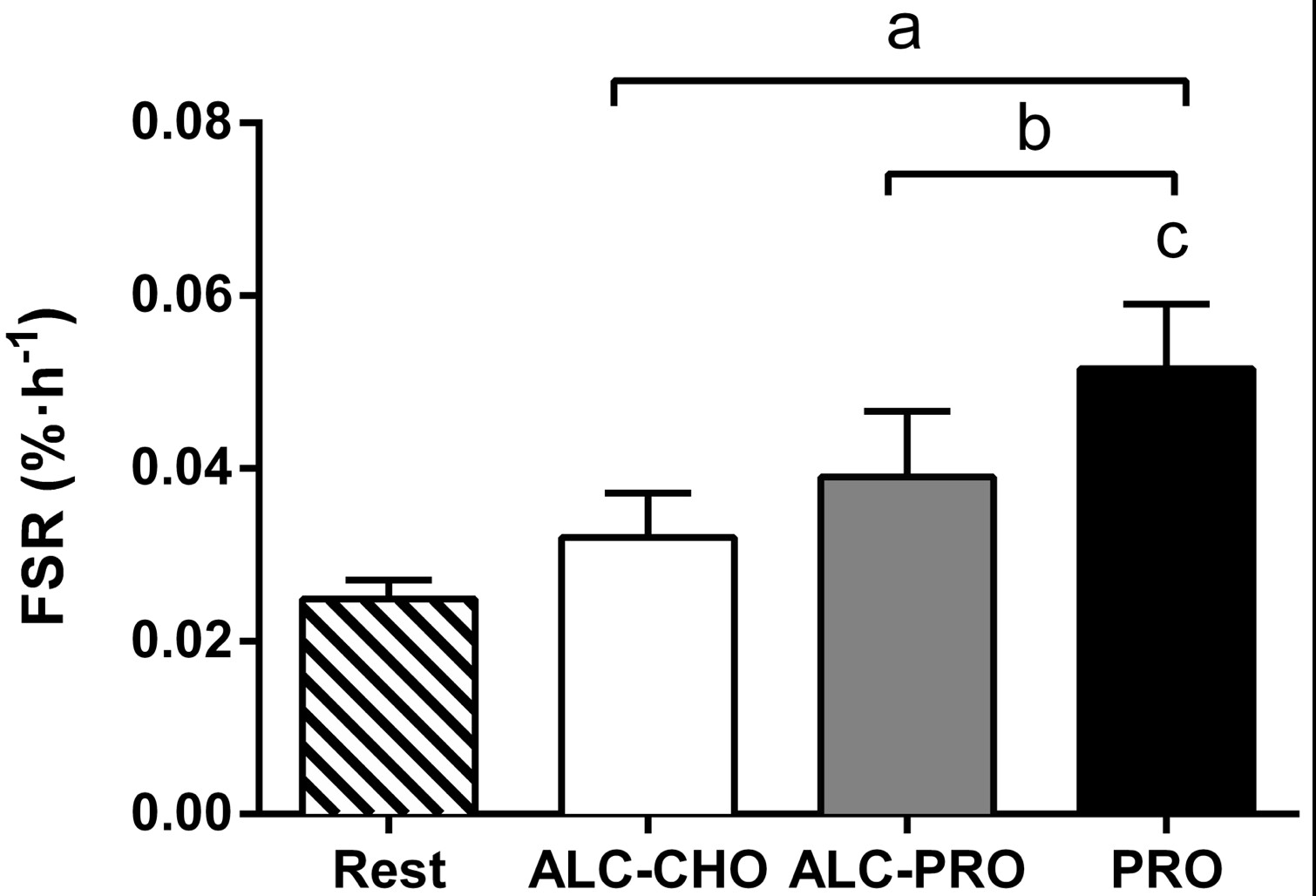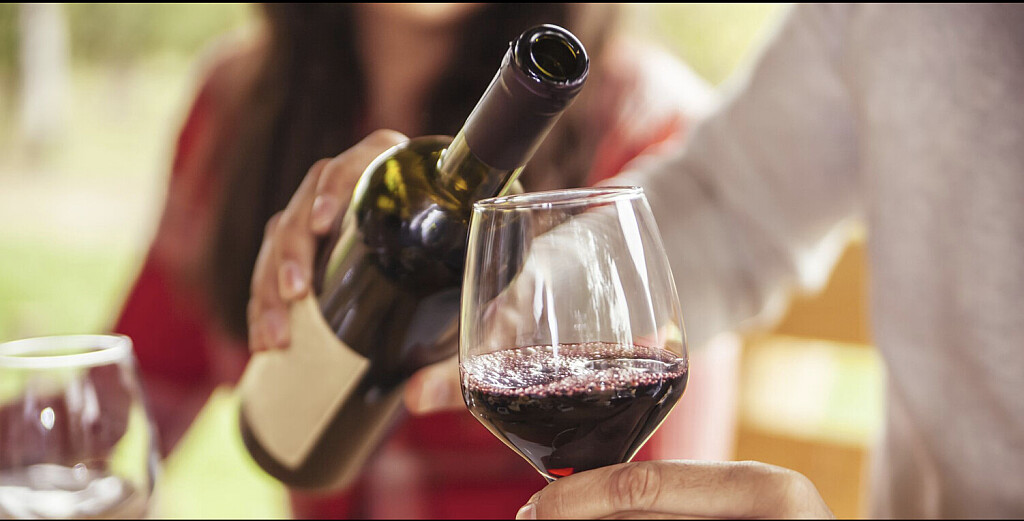Running News Daily
Running News Daily is edited by Bob Anderson. Send your news items to bob@mybestruns.com Advertising opportunities available. Train the Kenyan Way at KATA Kenya and Portugal owned and operated by Bob Anderson. Be sure to catch our movie A Long Run the movie KATA Running Camps and KATA Potato Farms - 31 now open in Kenya! https://kata.ke/
Index to Daily Posts · Sign Up For Updates · Run The World Feed
Not Surprisingly, Alcohol Isn't Doing You Any Favors When It Comes to Building Muscle
Too much booze is bad news, research shows.
There probably aren’t many people out there who imagine that drinking a case of beer will make you a better athlete. Still, there are lots of people who argue that it doesn’t really matter either way—that training is training and social life is social life, and the two don’t really affect each other.

The basic idea of the study was straightforward:
Put volunteers through a rigorous exercise routine (it was a mix of weights, sustained cycling, and high-intensity sprints, designed to simulate the demands of a team-sport match); have them do it three times. After two of the trials, give them the “optimal” post-exercise nutrition: 25 grams of protein immediately after, a carbohydrate-rich meal two hours later, and another 25 grams of protein four hours later. During this recovery period, have them drink a bunch of drinks, either containing placebo or a total of 1.5 grams of alcohol per kilogram of body weight. In a third trial, give them alcohol, but replace the protein with calorie-equivalent carbohydrate.
What makes this study so good is that the scientists looked right into the muscles to observe what was happening in response. That means each of the three trials involved three muscle biopsies and 17 blood samples—not for the faint of heart!
There are a lot of outcomes, but the bottom line is muscle protein synthesis: how much muscle is being built to repair damage from the exercise and build bigger/stronger new muscle?
Here’s what the synthesis rates look like:
Not surprisingly, the pre-exercise (rest) value is the lowest, and the optimal (post-exercise, no booze) value is the highest. In between, you’ve got the two alcohol trials.
Alcohol plus protein is better than alcohol plus carb, but not as good as protein alone. Note that this has nothing to do with how much rest you’re getting, how hungover you are, or any of that other business. This is simply showing that if you exercise and then drink 1.5 g/kg of alcohol, the signals that would normally tell your body to adapt and get stronger are suppressed immediately.
The results don’t come as a big surprise. For example, scientists at Massey University in New Zealand published a series of studies showing that recovery from delayed-onset muscle soreness is hampered by alcohol.
The big question, of course, is dose. How much is 1.5 grams per kilogram, anyway? Well, in the U.S., a “standard drink” is considered to be 14 grams of alcohol. So for someone who weighs 150 pounds, 1.5 g/kg is 102 grams in total, which translates to 7.3 standard drinks—a fairly big evening for most people. In the New Zealand study, 1.0 g/kg (4.9 drinks for the 150-pound person) hindered recovery, but 0.5 g/kg (2.4 drinks) didn’t.
Again, this should score pretty low on the surprise-o-meter. If you’re downing seven drinks in an evening, you’re presumably prioritizing something other than optimal muscle protein synthesis—and that’s fine, as long as you understand this and are making an informed decision. Just don’t kid yourself.
by Runner’s World
Login to leave a comment




